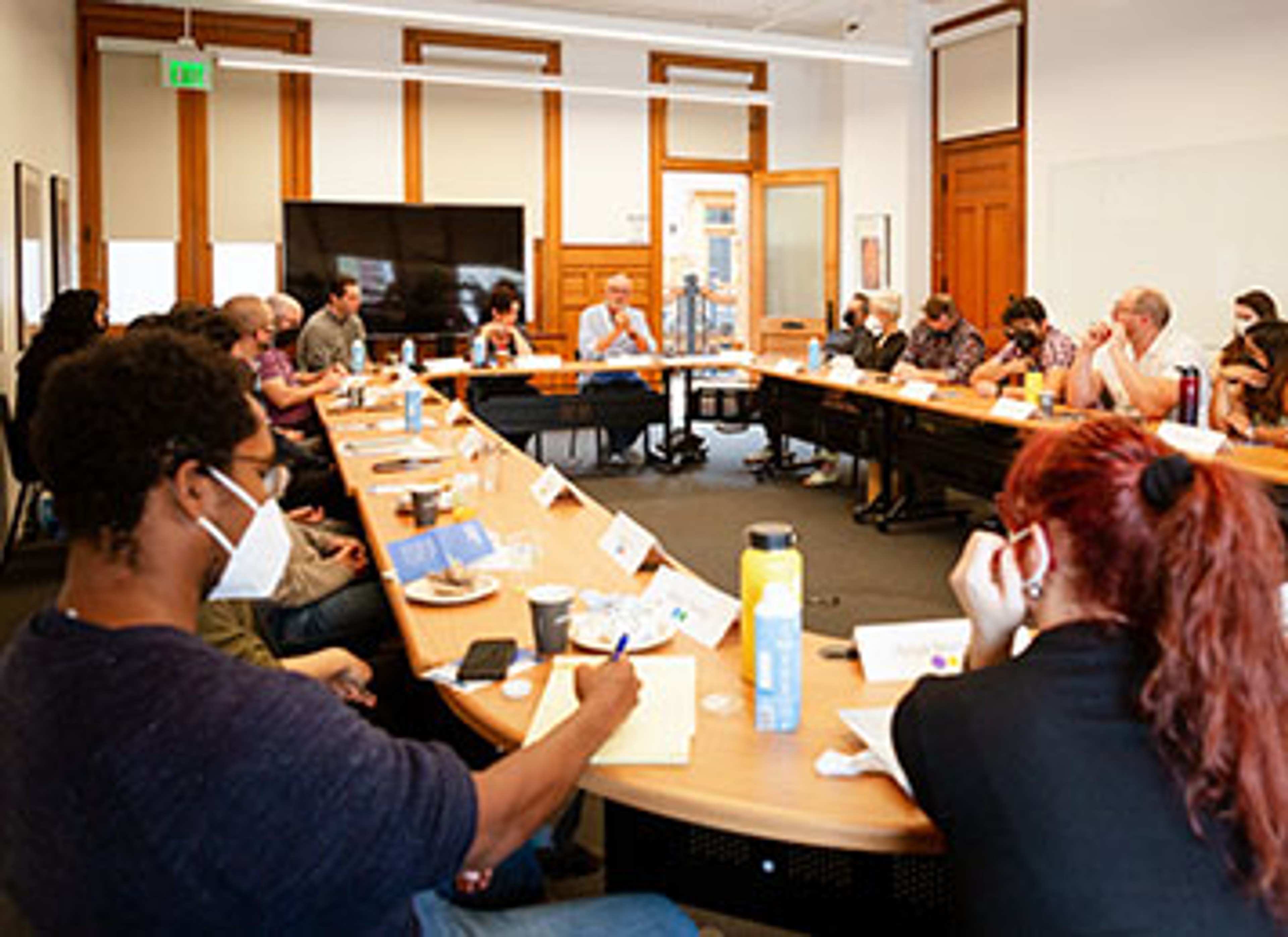Martijn Konings
Martijn Konings is Professor of Political Economy and Social Theory at the University of Sydney, where he also serves as Associate Dean (Research) and co-directs a research program on asset ownership and the new inequality. He is the author of The Development of American Finance (Cambridge, 2011), The Emotional Logic of Capitalism: What Progressives Have Missed (Stanford, 2015), Neoliberalism (Polity, 2017, with Damien Cahill), Capital and Time: For a New Critique of Neoliberal Reason (Stanford, 2018), and The Asset Economy (Polity, 2020, with Lisa Adkins and Melinda Cooper). The research that he will undertake with the support of a Berggruen USC fellowship centers on the political economy of assets and wealth inequality. It will analyze the policy channels and mechanisms that sustain asset inflation in the current moment, as well as examine the politics of assets from a broader historical and conceptual perspective. He is Editor-in-Chief of Distinktion: Journal of Social Theory and co-edits, with Stefan Eich, the Stanford University Press series Currencies: New Thinking for Financial Times.
